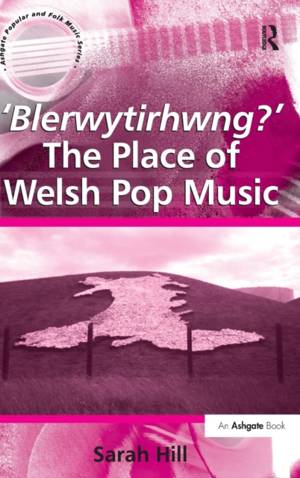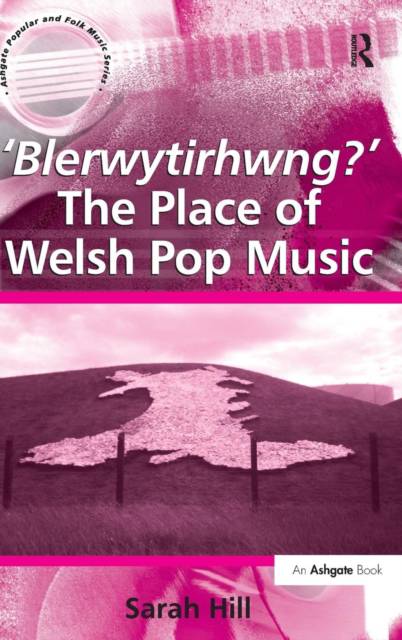
Bedankt voor het vertrouwen het afgelopen jaar! Om jou te bedanken bieden we GRATIS verzending (in België) aan op alles gedurende de hele maand januari.
- Afhalen na 1 uur in een winkel met voorraad
- In januari gratis thuislevering in België
- Ruim aanbod met 7 miljoen producten
Bedankt voor het vertrouwen het afgelopen jaar! Om jou te bedanken bieden we GRATIS verzending (in België) aan op alles gedurende de hele maand januari.
- Afhalen na 1 uur in een winkel met voorraad
- In januari gratis thuislevering in België
- Ruim aanbod met 7 miljoen producten
Zoeken
Omschrijving
In the 1960s, Welsh-language popular music emerged as a vehicle for mobilizing a geographically dispersed community into political action. As the decades progressed, Welsh popular music developed beyond its acoustic folk roots, adopting the various styles of contemporary popular music, and ultimately gaining the cultural self-confidence to compete in the Anglo-American mainstream market. The resulting tensions, between Welsh and English, amateur and professional, rural and urban, the local and the international, necessitate the understanding of Welsh pop as part of a much larger cultural process. Not merely a 'Celtic' issue, the cultural struggles faced by Welsh speakers in a predominantly Anglophone environment are similar to those faced by innumerable other minority communities enduring political, social or linguistic domination. The aim of 'Blerwytirhwng?' The Place of Welsh Pop Music is to explore the popular music which accompanied those struggles, to connect Wales to the larger Anglo-American popular culture, and to consider the shift in power from the dominant to the minority, the centre to the periphery. By surveying the development of Welsh-language popular music from 1945-2000, 'Blerwytirhwng?' The Place of Welsh Pop examines those moments of crisis in Welsh cultural life which signalled a burgeoning sense of national identity, which challenged paradigms of linguistic belonging, and out of which emerged new expressions of Welshness.
Specificaties
Betrokkenen
- Auteur(s):
- Uitgeverij:
Inhoud
- Aantal bladzijden:
- 248
- Taal:
- Engels
- Reeks:
Eigenschappen
- Productcode (EAN):
- 9780754658986
- Verschijningsdatum:
- 28/08/2007
- Uitvoering:
- Hardcover
- Formaat:
- Genaaid
- Afmetingen:
- 156 mm x 234 mm
- Gewicht:
- 526 g

Alleen bij Standaard Boekhandel
+ 610 punten op je klantenkaart van Standaard Boekhandel
Beoordelingen
We publiceren alleen reviews die voldoen aan de voorwaarden voor reviews. Bekijk onze voorwaarden voor reviews.









